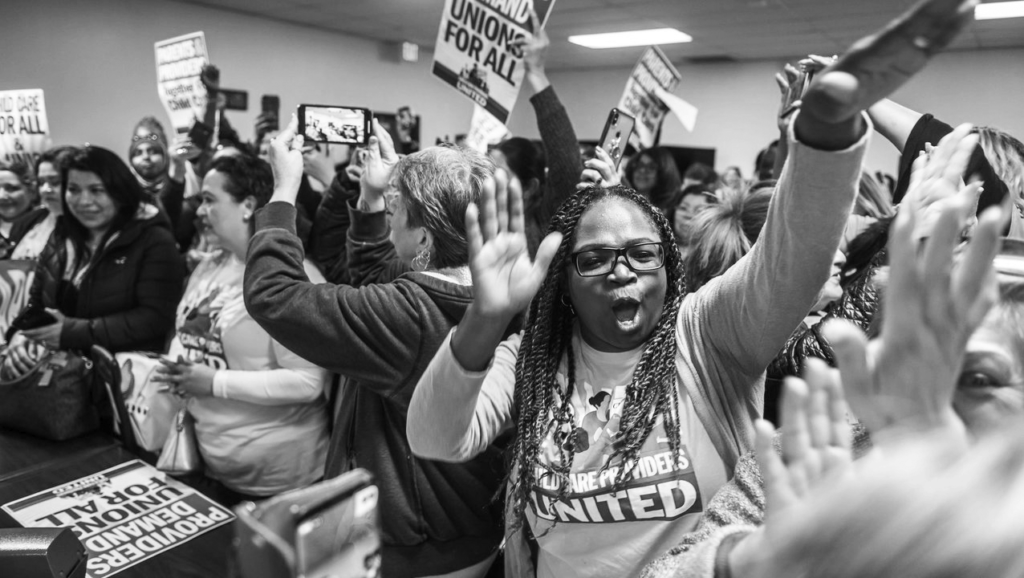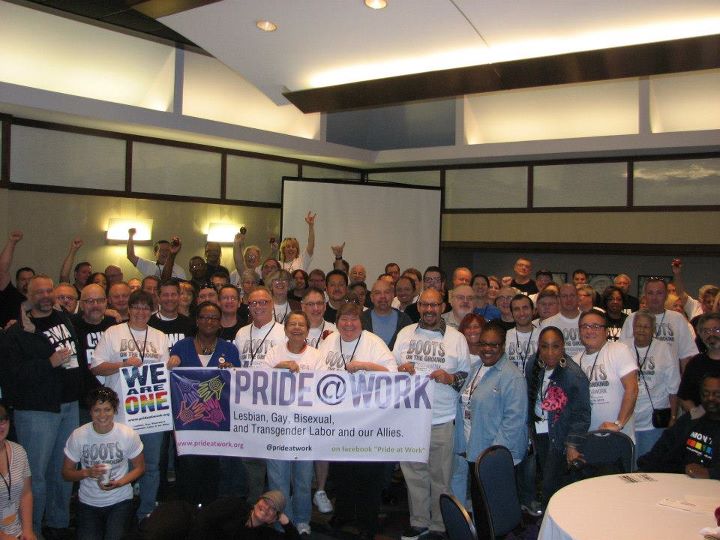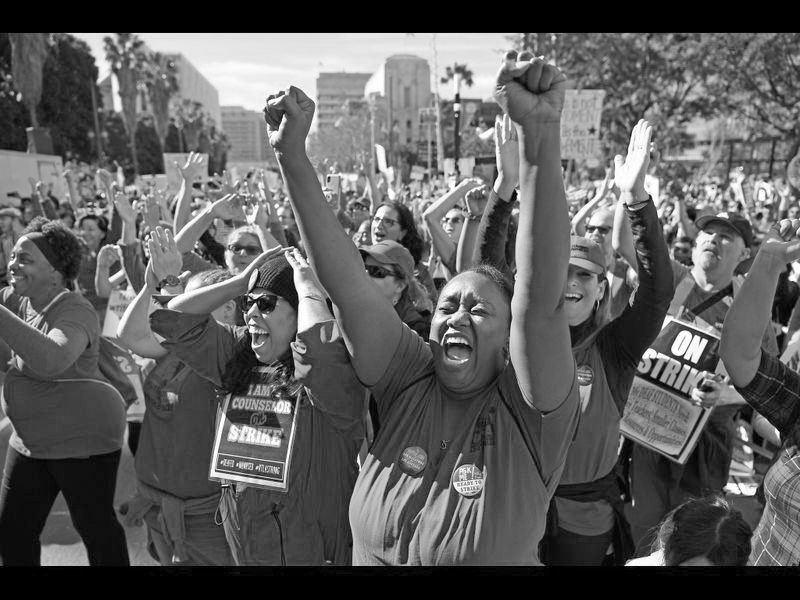$400 million in public funds for safe schools, not Gayle Benson
by Gavrielle Gemma
Construction union leaders recently opposed a demand to redirect the $400 million in public funds for the Superdome renovation to meet the dire needs of the community during this time of crisis. Once again the capitalists and their politicians have managed to pit workers against the community over seemingly opposing interests. This scenario will never play out in favor of workers or the community. A new way forward must be forged.
Big oil tells workers their fate is linked to oil production. They want to convince their workers that what’s good for BP or Exxon Mobil is good for you. The oil industry had record profits for years, got billions in subsidies from the government, and destroyed the coast. Bloody wars were fought to increase the wealth of company shareholders. But when prices drop, working class communities take the blow. Oil profits are in offshore bank accounts, not in the pockets of workers. The owners take those profits out of state and pay little if any taxes. Yet they expect oil workers to pledge their allegiance to the company.
The planet cannot survive continued fossil fuel production. Oil workers and their communities should take the lead now in a movement to secure jobs at equal wages in renewable energy. Instead of allowing tax exemptions and subsidies to big oil, they should support a transition to clean energy jobs with a guarantee for equal wages or better.
Only bosses benefit from getting public funds, tax exemptions.
The labor of tens of thousands of steel workers created enormous wealth, which has been used by company owners to bring in new hi-tech mini mills. Hundreds of thousands of workers lost their jobs, and communities were destroyed. Despite this, the union jumped to support the bosses’ scheme to get tariffs on steel imports. Have tariffs benefitted the workers? No.
Corporate tax cuts and public funded rip-offs have not created jobs.
As of 2018 Louisiana lost $12 billion in taxes due to the legislature giving their friends and contributors tax exemptions while these companies made lots of profit. That $12 billion could have been invested in housing, roads, and childcare, creating thousands of living wage jobs. Thousands of construction workers would have been needed.
The Trump tax cuts were sold on the basis that this would stimulate hiring and good wages. Most of that money went to huge executive salaries, investors’ dividends and stock buybacks. The very same companies that profited from the tax cuts laid off thousands of workers.
$400 million in public funds to make schools safe, hire construction workers.
Gayle Benson is the richest person in Louisiana. The Bensons got their wealth by ripping off the public by hundreds of millions of dollars. They were also exempted from sales and other taxes. The Superdome was built with public money but the revenue it has produced has not returned money to the benefit of the Parish.
Construction workers have been hard hit in this depression. Work for union members is especially hard to come by and often depends on publicly funded projects. It’s understandable the construction trades support this giveaway of public funds. But other workers are suffering also. There is enough for all if we fight together.
Together we should demand that public money used for school re-openings. The schools are not safe from COVID-19. School facilities are lacking in every way from plumbing, reconfiguring classrooms, and especially proper air filtering.
$400 million should be used to hire construction workers to make these schools safer. This would require carpenters, laborers, plumbers, steamfitters, HVAC, and more. The community would welcome this to protect the children, staff, and communities, and provide construction jobs.
The trades might answer: “That’s all in the future. We need to feed our families now!” No one expects workers not to show up for work at the Superdome. What we suggest is that at the same time they start a campaign for public funds for workers and communities now.
The labor movement—especially the construction trades—needs a new fighting strategy to win a better world for all working people.
*This author of this article was married for decades to a union steamfitter and knows the ups and downs of construction work, unemployment, loss of health benefits in down times, and the dangerous nature of this work.



